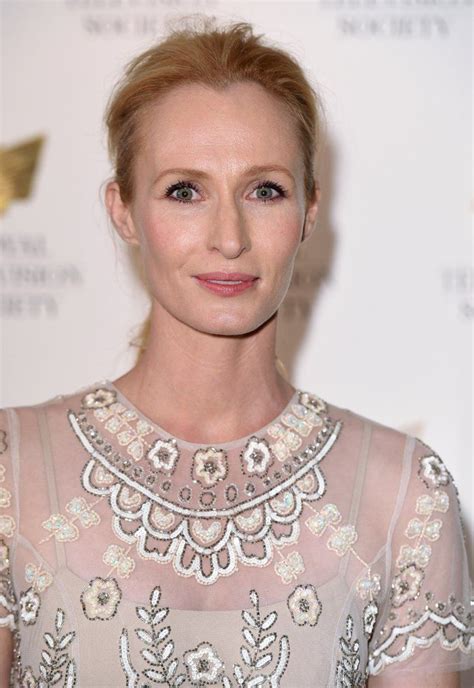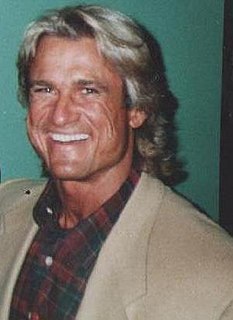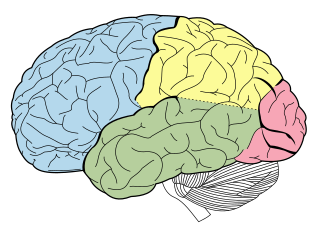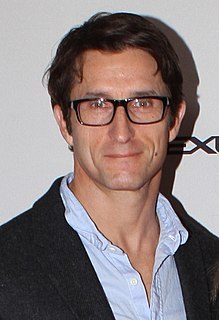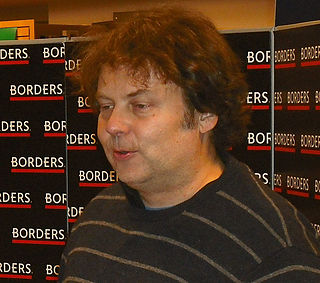A Quote by Jeremy Irvine
Nearly every taping or audition has to be in an American accent, so you don't have a choice; you just have to get good at it. I'm sure you can appreciate accents - it's like learning any skill, you have to work at it and work at it and it takes an awful lot of time, until it's muscle memory and you don't have to think about it anymore.
Related Quotes
I think moving from Ireland to Australia, you couldn't get a more different accent on the palate. The Irish accent is very muscular and involves a lot of tongue and cheek-muscle work, whereas the Australian accent is really flat; the palate is quite broad. They're at almost opposite ends of the scale, so I feel it was good training.
I think people are really picky about English accents. When a Brit comes over here and kind of does an OK American accent, everyone's like, 'You were great! Fantastic!' But in England, even if you were doing a pretty good accent, they're like, 'But where are you from?' 'London.' 'What part of London?' Accents are really precious over there.
I don't think I had any idea at the time how to work with someone as masterful as he is. And I don't think at the time I really understood what was happening. I think I was in a space where I was like: there are all these things. I was shooting all these takes with David, and I was just confused, as a person, and as an actor feeling a little too big for my britches and that this thing was happening and then also not having enough skill yet, and technique to know exactly where I was, and know about the character.
Just as important as getting enough sleep is thinking about sleep in the right way. Stop thinking of sleep and naps as “downtime” or as a “waste of time.” Think of them as opportunities for memory consolidation and enhancing the brain circuits that help skill learning. Nor should you feel guilty about sleep. It's just as crucial a part of successful brain work as the actual task itself.
During the season, it's a lot of maintaining your fitness, so in the winter time is when the main work is done. During the season, I just try to maintain my speed with different types of drills with my trainer. I also work on some muscles. If there's ever any injuries during races, then I'll focus a lot of my time on the muscle recovery.
Acting for me was hard enough without having to think of the accent. And also, when I was auditioning for stuff I would walk into the room with an Australian accent, and I would do the audition in an American accent, and they would invariably say, 'Yeah, it's that good, but I can still hear the oddity coming through.'
I guess the most interesting thing that people think is I'm English. They think that I live in England and have a British accent. When they talk to me, at first they go, "Man, you have a great American accent," and I go, "No, no, no, this is my accent. I don't do accents." And then they're really disappointed, and they try to punch me.

